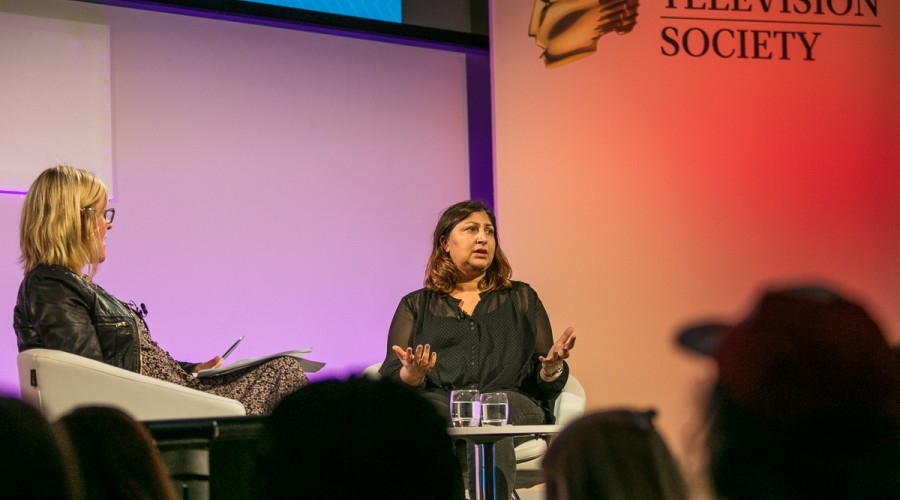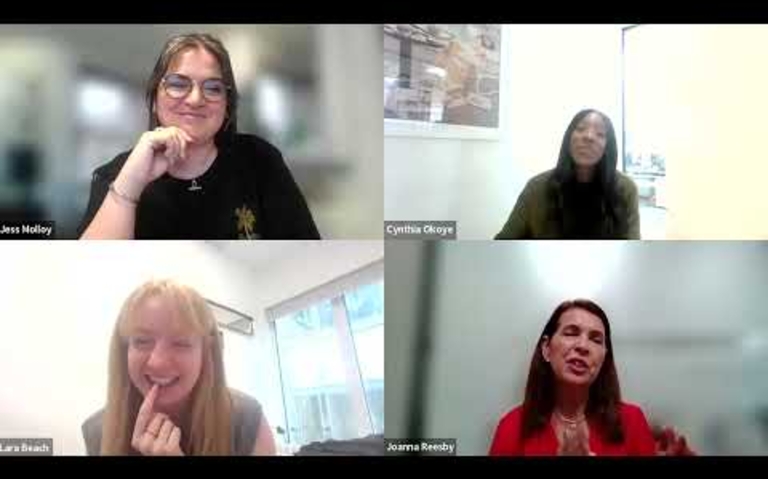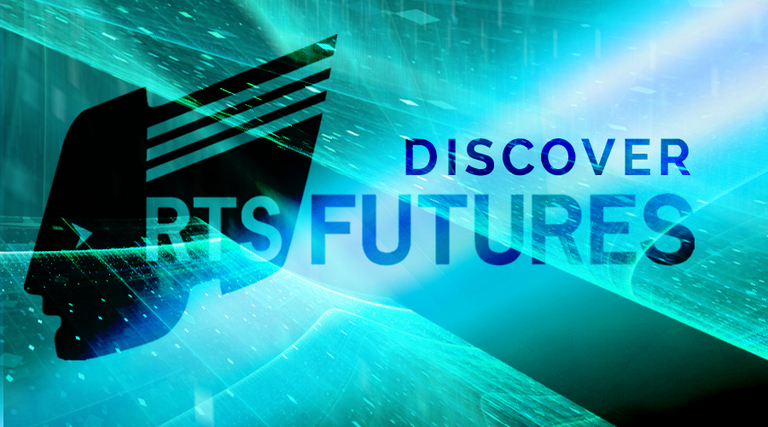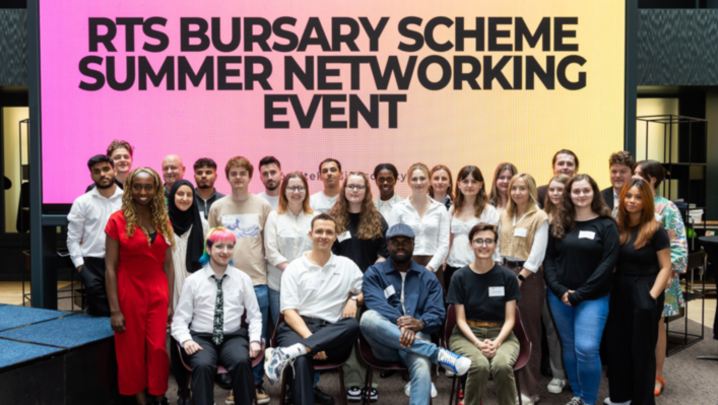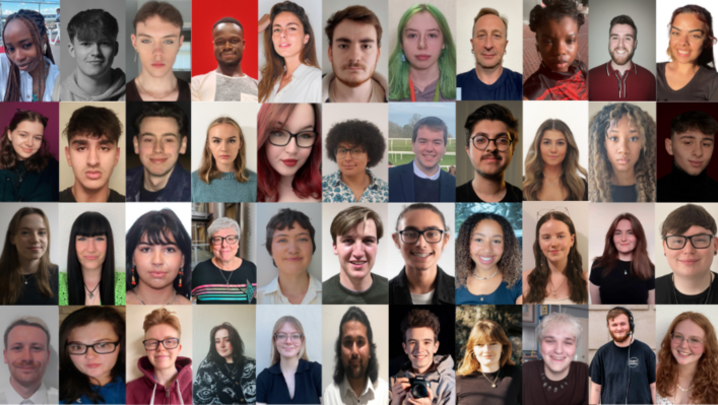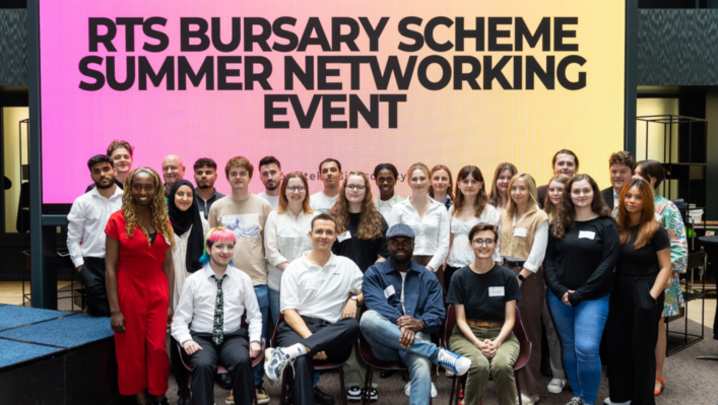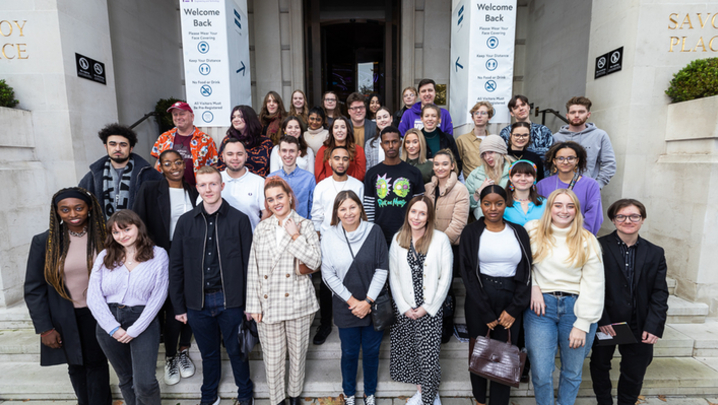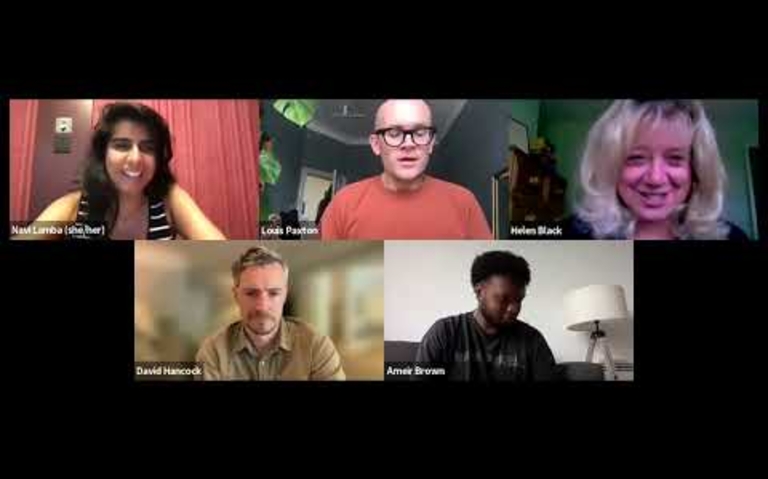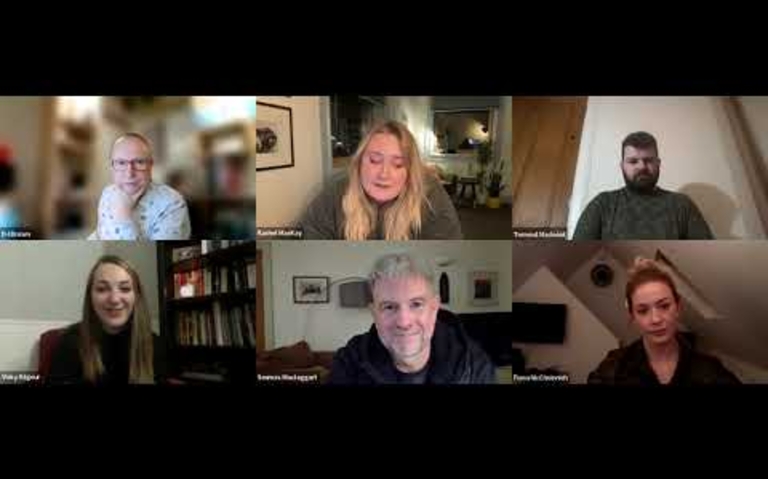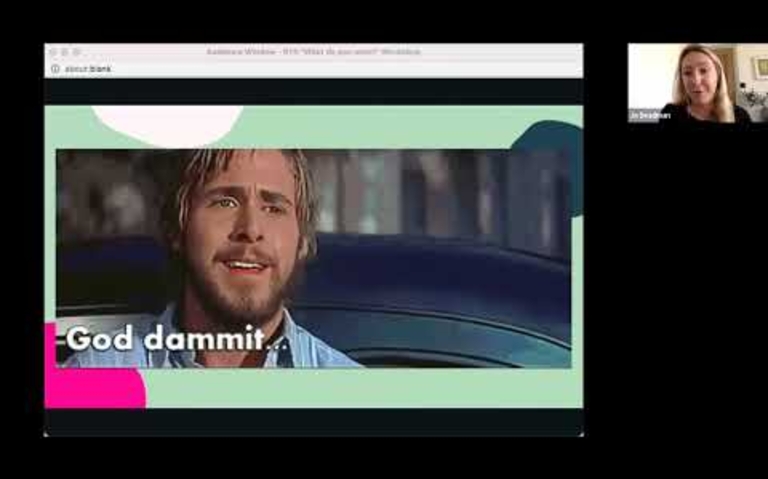The secret of a successful TV format
“Simplicity is the key. When I was pitching, if I didn’t know what the idea was in two or three lines, I’d tell the producer to ask them to rethink it.
“As a commissioner I’d sometimes get a beautifully presented five-page document and get to the end of it and think ‘So what’s the show?’
“For me, the other big thing is purpose. As yourself "What’s the point?' Just because you can do it with TV cameras doesn’t mean it’s a TV show. You should be trying to answer a question.
“At Channel 4 I commissioned The Unteachables, tapping into kids who were excluded from the state education system. My question was ‘Is there such a thing as an unteachable kid? My answer was ‘No.’’
“Brat Camp was interesting because it tapped into the disconnect between parents and teenagers. Everybody related to it. It was a real camp that existed. We didn’t create it.
“It resembles a formatted documentary because the intervention was at the beginning. We sent kids out there but the rest was very observational.
“It felt very real. That’s important because I don’t think viewers want to see the producers’ hands all over it. Everyone is savvy now and understands how these things work.
“Authenticity, simplicity and purpose are all vital. There isn’t a magic format. If there was I wouldn’t be here, I’d be on my yacht in St Tropez.”
How to approach a work placement
“Work placements are always great. It’s a mutual thing and as much to see if they’re right for you and not to fit in just anywhere.
“It’s important to have a voice and an attitude, and to ask yourself ‘Where do I fit in?’ Be confident about that. It’s about connecting with people who understand where you’re coming from.
“Lots of indies and broadcasters have talent managers. They are always good to meet.
“Look at the credits of the programmes you love, see who’s made them and email them. But when you do it, bring something to the party.
“Tell them what you’ve made or that you’ve got a great idea. It’s the starting point for a conversation. I’m always happy to meet people because great ideas come from everywhere.
“It doesn’t matter whether you’ve been in telly for 20 years or 20 minutes. It’s finding the people who can nurture that idea with you. ”
Why TV must retain the momentum on diversity
“I personally think that diversity is the most important conversation in our culture right now, from everything from MeToo to the gender pay gap to representation on screen.
“When I was a kid I never saw anyone that looked like me on TV. I remember my mum going ‘Look at that Asian on the telly.’
“It’s so important to see yourself on screen and to know that your story is important.
“I’ve got a 14-year-old daughter. I feel fed up that things haven’t changed that much because she’s still going ‘Mum, there’s an Asian on the telly.’
“It’s even more important behind the screen, which is why we’ve set up this indie (Chatterbox). You can find those stories and give those people a voice. I can use my experience in TV to find and nurture new talent.”
By Steve Clarke.

